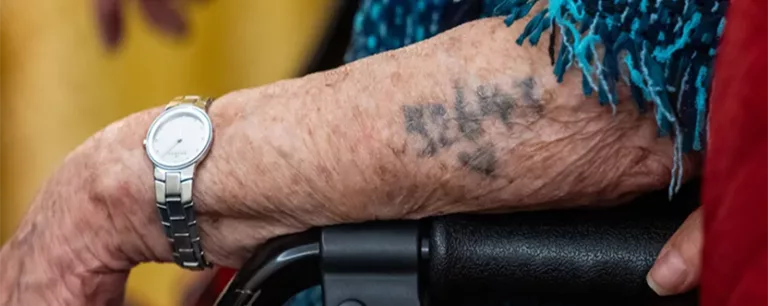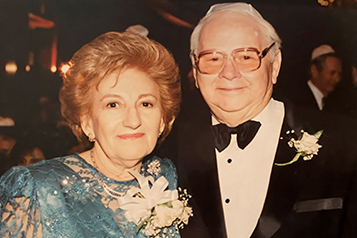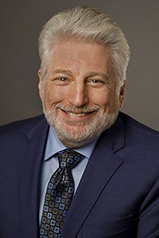Caring for the Ages at Los Angeles Jewish Health


Caring for the Ages at Los Angeles Jewish Health

January 27th commemorated the 80th anniversary of the liberation of Auschwitz—the most notorious of Nazi concentration and extermination camps. Every day, there are fewer living witnesses to the atrocities and tragedies of that era. Today, only approximately 245,000 Holocaust survivors remain. Many of these cherished seniors are frail and have multiple medical needs requiring care from expert geriatric healthcare providers like the care teams at Los Angeles Jewish Health (LAJH).
At one time, there were 113 Holocaust survivors in residence at LAJH. Now in their 90s, 29 still call LAJH home, including a new 95-year-old resident and survivor who came to live at LAJH just last week. What they find here, thanks to the incredible professionalism of a highly-trained staff who wear compassion on their sleeves, is a special combination of nurturing, expertise and an ethos—developed by Chief Medical Officer Noah Marco, MD, the child of survivors—that prioritizes listening.

His approach has made Dr. Marco a trusted source of education on senior care and specifically on caring for Holocaust survivors. Last month, he presented to 15 medical students from the University of California Los Angeles who came together to learn about the Holocaust and about the importance of providing services, in a caring and sensitive manner, to each member of the survivor community.
“There are many things to keep in mind when caring for Holocaust survivors. For instance, it’s important not to rush the patients, as well as to approach and touch them only after getting explicit permission,” Dr. Marco said during his presentation. “Best practices also include recognizing potential signs of post-traumatic stress disorder (PTSD); asking the patients about common somatic symptoms; and realizing that sexual or abuse questions are unlikely to get a truthful response. Survivors’ history makes them unique, and as care providers, we need to adjust our approach accordingly.”
Participants in the class reported dramatically expanding their knowledge of the subject. “Despite attending a public school in Los Angeles, the second most Jewish city in the U.S., I learned about the Holocaust for a maximum of five minutes,” noted one student. “My time with Dr. Marco helped fill the void from those high school history classes; he spoke wonderfully, and I learned a lot.”
Whether he is imparting wisdom about caring for survivors or speaking more broadly about the many distinct facets of senior health, Dr. Marco enthusiastically shares strategies to help make medical visits more efficient and satisfying, both for the care provider and for the patient.
“Treating our patients at LAJH is not only about cataloging their symptoms, many of which are chronic and may not resolve. It’s also critical that we truly see them: learning what matters most to them, asking them what questions they may have, and eliciting their ideas and expectations,” Dr. Marco says.
Dr. Marco, who is often called upon to share his expertise in geriatric health, recently laid out his philosophy related to providing medical care to seniors in an essay he authored for the publication Caring for the Ages, the official newspaper of the Post-Acute and Long-Term Care Medical Association (PALTmed). He was recognized with a second-place award in the paper’s 2025 essay competition, “Caring for Residents, Caring for Ourselves.” The essay will appear in Caring for the Ages’ March/April 2025 issue, which will be distributed to a wide national audience of post-acute and long-term care professionals. His other recent publications include “The Lost Summer” an essay published in this week’s edition of McKnight’s Long-Term Care News.
“My goal in treating seniors is always to move beyond just discussing their chronic issues so that we’re able to elicit their input about things that are important to them,” he says. “When they feel heard, they often feel better—one of the key indicators, for a care provider, of a job well done.”
